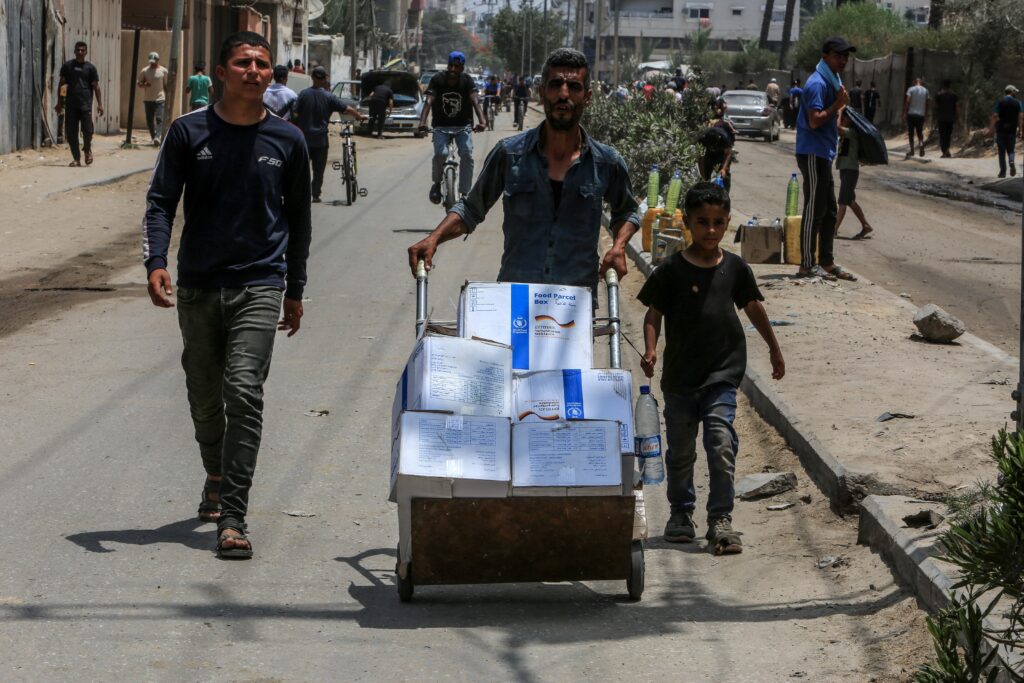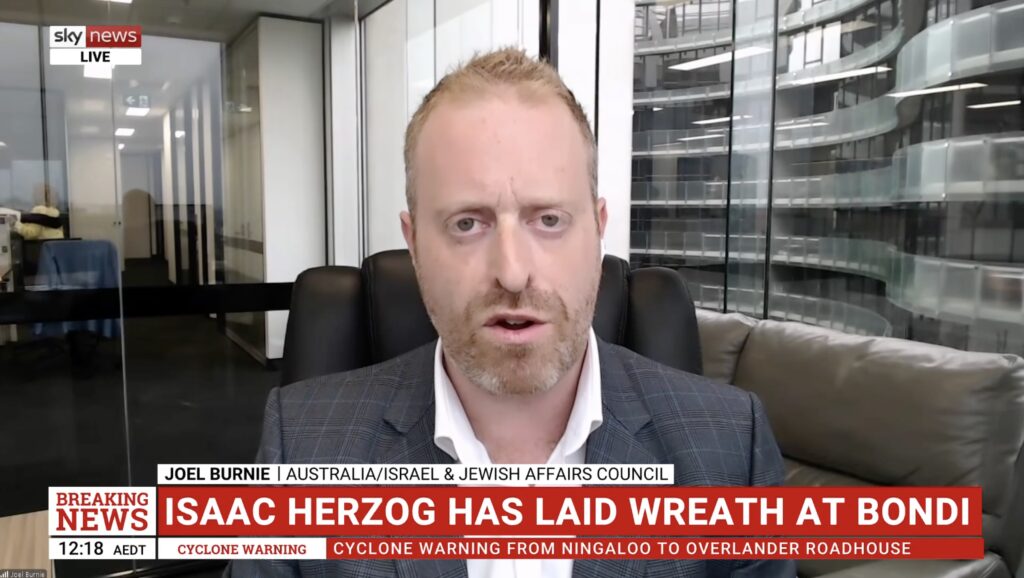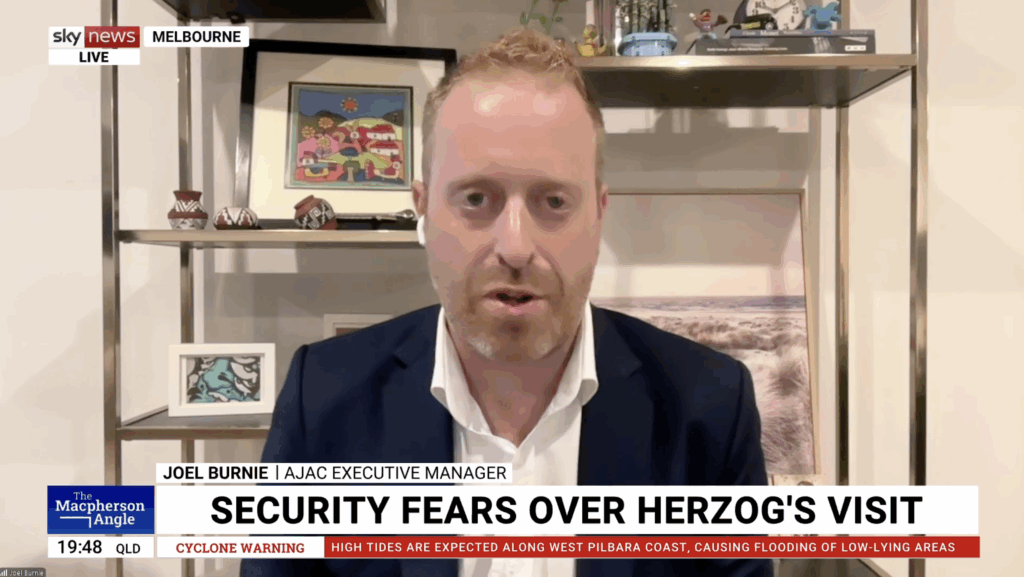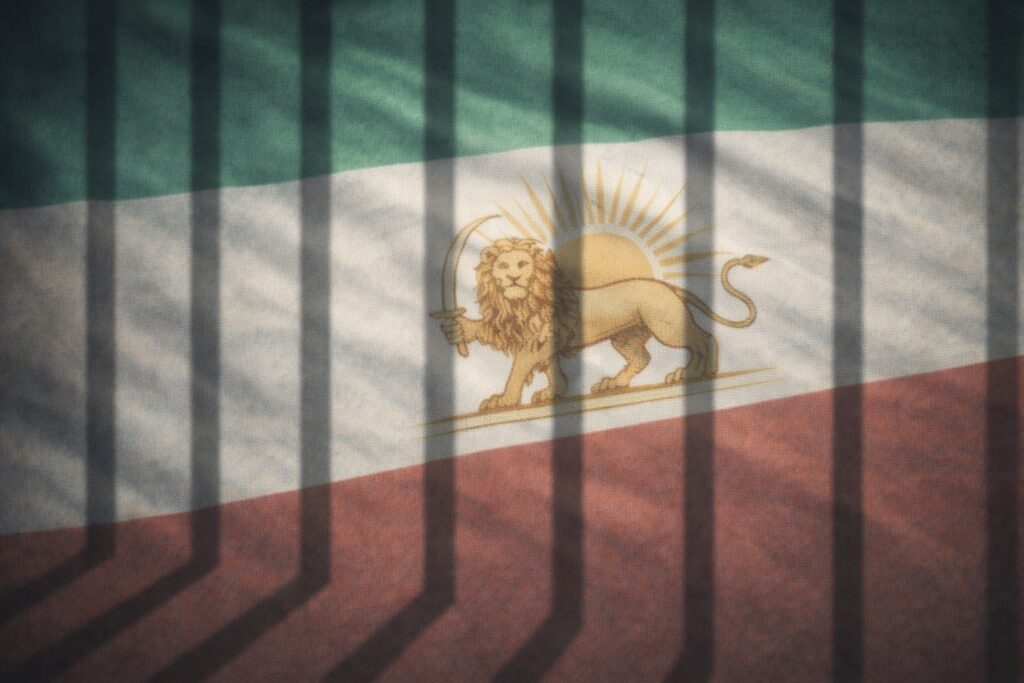UPDATES
Lessons in Israeli-Palestinian reality from two Middle East experts
December 19, 2012 | Sharyn Mittelman

The Washington Institute for Near East Policy awarded its 2012 Scholar-Statesmen Award to Dennis Ross and Elliott Abrams on December 6 in New York City at a gala dinner. Both recipients have had outstanding careers as Middle East advisers to US Presidents. Ross served as special Middle East negotiator to President Clinton and Iran policy adviser to President Obama, and is currently counsellor to the Washington Institute. Abrams, served as Deputy National Security Advisor in the George W. Bush Administration, and is currently a senior fellow at the Council on Foreign Relations.
Executive Director of the Institute, Robert Satloff, said that the award “celebrates outstanding leaders who, through their public service and professional achievements, exemplify the idea that sound scholarship and a discerning knowledge of history are essential to wise and effective policy and the advancement of peace and security in the Middle East”. However, even more than the award itself, what was facinating was the depth of knowledge and insight that the two winners brought to discussions of the policy challenges of the Middle East in a post-award panel discussion.
Interviewed by Satloff, Ross and Abrams reflected on their careers in foreign policy and provided insights into the challenges of the Israeli-Palestinian conflict, Iran’s nuclear program and the ‘Arab Spring’.
Furthermore, despite belonging to different political parties and having served under different Presidential administrations, Ross and Abrams may have surprised many by overwhelmingly agreeing on core issues.
Satloff began the interview with the Israeli-Palestinian conflict, he asked Ross and Abrams “There is no peace. Why? What could have been done differently…”
Ross suggested that perhaps the negotiations with Arafat during the Oslo period could have been handed differently. He said:
“Could we have done some things differently? I think we could have. Certainly, I think, during the Oslo period, there are some things that we might have done differently. But I still don’t believe that it would have made a difference in the end, because I think that [Yasser] Arafat was someone who was quite prepared to do a lot of agreements, but he wasn’t prepared to do an end-of-conflict deal. To do an end-of-conflict deal meant that he had to redefine himself. He was defined by conflict and struggle, and to end the conflict meant that he had to change his identity, and that was not something he could do… This conflict, this struggle, defined him. He would wear his keffiyeh in the shape of Palestine. And what we were asking him to do was to give up the conflict, which was the same as giving up himself.
So I can list things that we might have done differently. I wish that we had-as one example-been much tougher on the issue of terror. I wish that we had basically made it clear that if he didn’t do the things we were asking-that he wouldn’t go through the motions-but, basically, if he didn’t do what was necessary, we would walk away. But I will say, once you create a negotiating process, it’s not so easy to walk away. And the pressures, particularly, on everybody involved are to find ways to stay in it, not to walk away from it. Had we done that, would that have changed him? I don’t know.
Because he still-whether he could have changed that identity, I don’t know, but I would have liked to have seen if we could have done that and what the impact would have been.”
Abrams responded by pointing to the failure of Palestinian leadership including that of current Palestinian Authority President Mahmound Abbas:
“You know, I would say two things in answer to the question. First, there is a terrible and tragic problem with the quality of Palestinian leadership. This is true from Hajj Amin al-Husseini to today. I agree with Dennis-and I think it’s also true about the current leader, President [Mahmoud] Abbas: I just don’t think he’s going to sign anything. If he would not agree to what Ehud Olmert offered, he is not going to sign anything.
I think there’s one thing we could have done differently, over three administrations, really-of both parties. I think we were too focused on a comprehensive agreement after Camp David. Everybody wanted to replicate, you know, the White House lawn. And [for] the Bush administration, it was Annapolis. And, therefore, we paid too little attention to, actually, the real world on the West Bank- and, at that time, the West Bank and Gaza. And we-everybody said, sure, we’ll do that, absolutely, yeah, it’s very important, but we always had it at the margins. And I think that if we had, over twenty years, concentrated more on, if you will, the real world-the real Palestinian life as it is being lived- maybe, by now, we could have created . . . we would be further along in creating the institutions of a future Palestinian state-and peace someday.”
Satloff then asked about the likelihood of peace between Israel and the Palestinians. Arbams said he believed that we are generations away from a real peace but that “the absence of war is something we can attain.”
Ross warned that rise of political Islam may make peace less likely:
“I’d like to be more optimistic. I’m afraid that we’re going to probably go through another period where things actually become even less likely-because I’m worried, right now, that the rise of political Islam makes it increasingly difficult to reconcile with Israel. I think, here’s where the U.S. does have a major task-which is to create an unmistakable set of redlines and boundaries that make it clear that if you want help from the United States, and the kind of help that we can mobilize with others, the one thing you have to do is, in the case of Egypt, respect your peace treaty and, in the case of others, realize that unless there is at least the absence of war, you’re not going to get the kind of help and you’re not going to address the problems you have on the inside.
But there’s a big difference-and Elliott was sort of getting at this. . . . We’re not going to look at what I think is a peace of reconciliation for a long time to come. And you see it partly because there is a psychology that’s now so embedded on the Palestinian side-and, to some extent, even though the Israelis want peace, there’s such a disbelief on the Israeli side-that the ability to break through that now is going to be profoundly difficult.
I, too, believe that we ought to be setting our sights on more practical approaches and using those practical approaches to try to change the context, try to change the psychology, and try to restore belief. My feeling at this point is that it’s not a loss of confidence between the two sides-and I mean here the publics-it’s a loss of belief and faith. Confidence, you can restore. Faith is really something that’s quite fundamental, and that isn’t something that’s like a light switch that suddenly you’re going to flip and things are going to change. So, I think our task is: focus on practicalities, preserve the option of a two-state outcome-don’t lose the option of that-but don’t set your sights on those things you know you can’t achieve right now, because what that does is it adds to the cynicism and deepens the disbelief. That’s one of the problems.
Now, to get back to the point you were making, Elliott, that by focusing so much on let’s do a comprehensive peace when it wasn’t achievable, what we did is we raised the set of expectations. We couldn’t possibly deliver on those expectations. And by frustrating those expectations, we made it seem as if, well, that’s never achievable. And that’s part of the price that we’re paying today.”
Following considerable amount of agreement between Ross and Abrams, Satloff said: “Guys, this is too lovey-dovey. You are supposed to represent opposite approaches to Middle East policy. So, I want to give people here their money’s worth. What is the biggest mistake-not that anybody in this room ever made, but the biggest mistake you think the other side in the American debate on Middle East policy has made?”
Yet again Ross and Abrams were largely in agreement, Ross said:
“Part of the problem is I’m not sure we actually disagree on that. Look, I think the biggest mistake we made was thinking that we could define our strategic interest in the region in a way that was divorced from our values… we didn’t take these guys on [dictators such as Mubarak] because we were always concerned about the strategic values. And, by the way, this was a Republican and Democratic approach. It wasn’t just one side.”
Abrams agreed with Ross but focused in on the issue of Palestinian incitement:
“I don’t disagree with that at all. Let me narrow it down to the Israeli-Palestinian conflict. I think we have let the Palestinians, for too long, get away with raising, now, two generations of Jew-haters. You know, the word we use is incitement, which is not as nasty a word as it ought to be, because we’re talking about terrible forms of anti-Semitism here. And it goes on year after year after year and, you know, you see it in MEMRI, you see it in Palestine Media Watch-terrible stuff in the Palestinian media-and in Palestinian schools. And, you know, at any given moment-if it’s Egypt, we have strategic values-well, we’re negotiating something with the Palestinians, let’s put that off, or, well, they’re so weak, you know, there’s a limit to what we can get out of them. Let’s put that off. And we have, over time, too often postponed things that are critically important because they are not emergencies of that day. It’s true, you know, the school textbooks-we can do that next year. But we never do it. And so the improvements are tiny, and public opinion polls throughout the Arab world, but particularly in the West Bank and Gaza, show that five- and ten-year-old kids have horrendous attitudes not just toward Israel but toward Jews. I cannot believe that if, over the last thirty years, the United States made this a central issue, we wouldn’t be in a different position. But we never did.”
To see the full interview and/or read the transcript – including Ross and Abrams separate insights into the Iranian nuclear conundrum and wider challenges of the “Arab Spring” – click here.
Sharyn Mittelman
Tags: Israel





